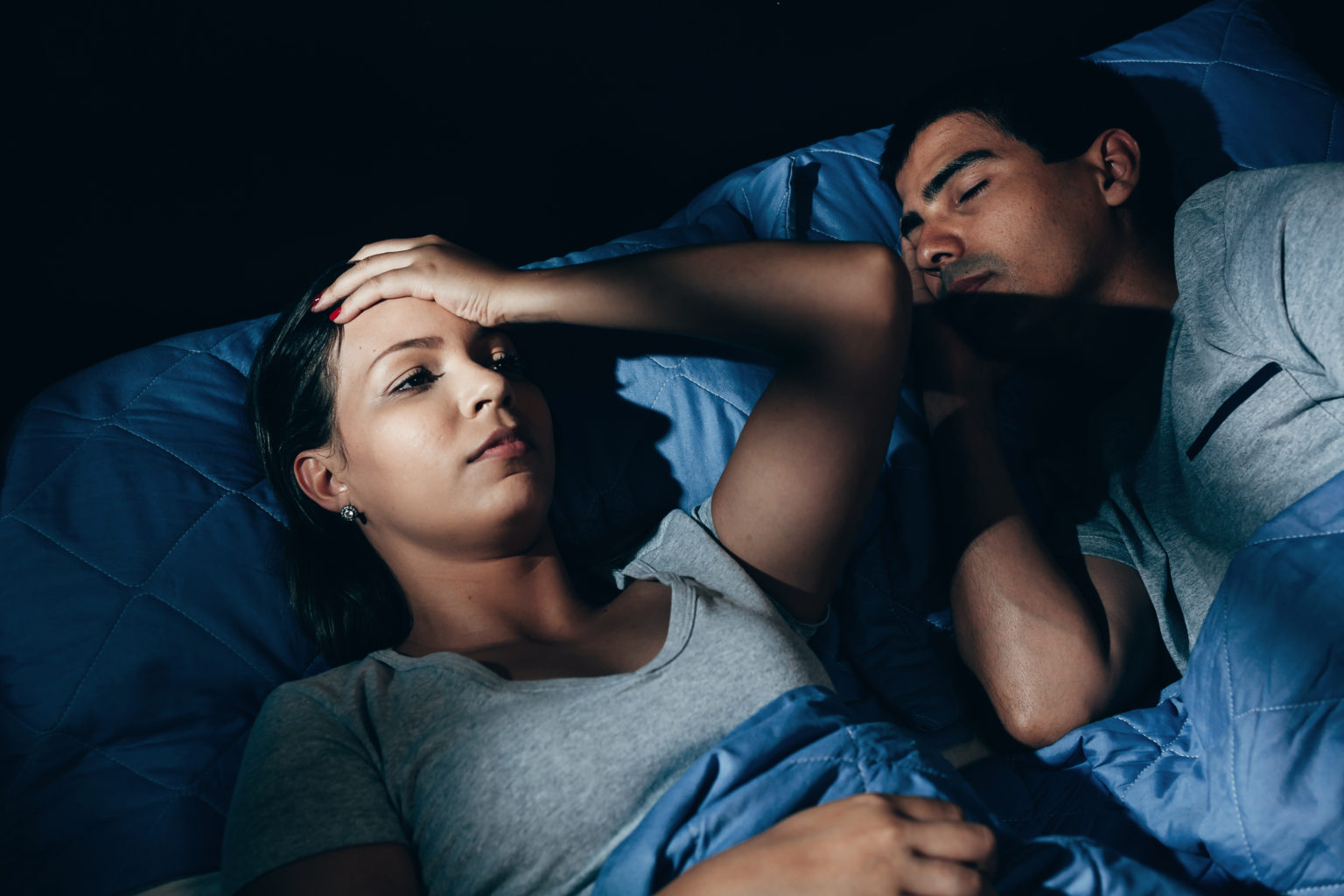Do you ever stare at the ceiling for hours trying to fall asleep? Do you sometimes lay in bed struggling to fall asleep as your mind races? Or maybe you have trouble staying asleep and constantly wake up multiple times in the middle of the night?
If this sounds like something you’ve experienced, chances are that you’ve had some form of insomnia. The word insomnia has become synonymous with having a restless night of no sleep, but the reality is more severe. Insomnia is a chronic sleep disorder that prevents people from sleeping. It was previously thought that insomnia was a symptom of depression, but recent research shows that it might be a cause of it.
A recent study conducted by researchers at the Sleep and Circadian Neuroscience Institute at the University of Oxford has shown a remarkable connection between insomnia and other sleep disorders and conditions ranging from anxiety to paranoia to clinical depression.
How Did the Study Work?
In the controlled Oxford trial, published in The Lancet Psychiatry, 3,755 university students of the average age of 25 suffering from insomnia were split into two groups: one receiving Cognitive Behavioral Therapy (CBT) and one receiving only standard treatments. The aim was to determine the effect that sleep can have in exacerbating mental health issues. This study is thought to be the largest of its kind ever performed.
CBT was delivered to the students through six interactive online sessions, each lasting 20 minutes. In these sessions, students learned to associate their bed with sleep, put aside time at the end of the day to reflect on events, and create an environment in their bedroom that is conducive to excellent sleep.
Throughout the study, researchers tracked students’ mental health through questionnaires. The first was given at the start to determine a baseline. Then follow-up questionnaires were presented at three, ten, and 22 weeks after the start of treatment. While there was a significant dropout of students throughout the study (30% provided no follow-up data), the large number of active participants made up for this, ensuring valuable data would still be collected.
What Were the Results?
The results of the study were startling. Not only did the students who received CBT improve their sleep, but there was also a sustained decrease in mental health issues such as paranoia, hallucinatory experiences, anxiety disorders, and depressive episodes. These results could open new avenues of mental health treatment, focusing on an understanding and treatment of disrupted sleep.
Daniel Freeman, the study lead and Professor of Clinical Psychology at the University of Oxford and Oxford Health NHS Foundation Trust, states: “Sleep problems are very common in people with mental health disorders, but for too long insomnia has been trivialized as merely a symptom, rather than a cause, of psychological difficulties. This study turns that old idea on its head, showing that insomnia may be a contributory cause of mental health problems. A good night’s sleep really can make a difference to people’s psychological health. Helping people get better sleep could be an important first step in tackling many psychological and emotional problems”.
Furthermore, Russell Foster, head of the Oxford Sleep and Circadian Neuroscience Institute that conducted the study, concluded: “Sleep disruption is a very common feature of mental illness, yet despite its prevalence, the clinical relevance is often overlooked and even when recognized, treatment options are limited. This study is immensely exciting as it not only provides strong evidence for a causal link between psychotic experiences and sleep disruption but suggests a new therapeutic target for the treatment of psychosis and other mental illnesses. These findings are the perfect example of why the Sleep and Circadian Neuroscience Institute was established”.
Our Thoughts
While not all mental health issues are caused by sleep disorders, few would deny they undoubtedly exacerbate symptoms. The interesting part of this study is that it flips the conventional way of thinking about cause and effect.
Encouraging patients to follow a regular sleep schedule (going to bed at the same time every night, and waking up at the same time every morning) can help create a healthy habit that not only forms a routine of stability but might also help them better manage their mental health symptoms. While it’s still too early to know for sure that insomnia might be the root cause of some of these conditions, this study does give us an interesting perspective into the direction the research is heading.
Finally, let’s not forget about your sleep as well! As a mental health practitioner, you need to be at your best to help your patients. One great way to get insomnia-inducing troubles off your mind is to entrust your practice management to Owl Practice. If you’d like to see everything we offer mental health professionals, sign up for a free trial or register for a demo. If you have any questions or comments about our services, we invite you to contact us at support@owlpractice.com.
As always,
Practice Wisely








